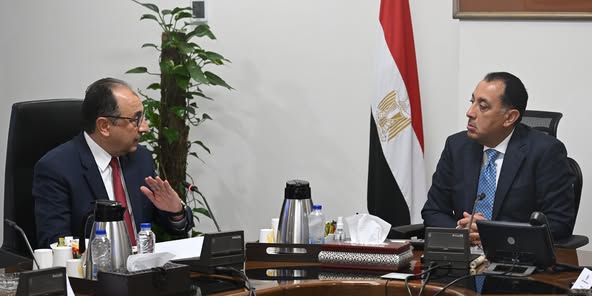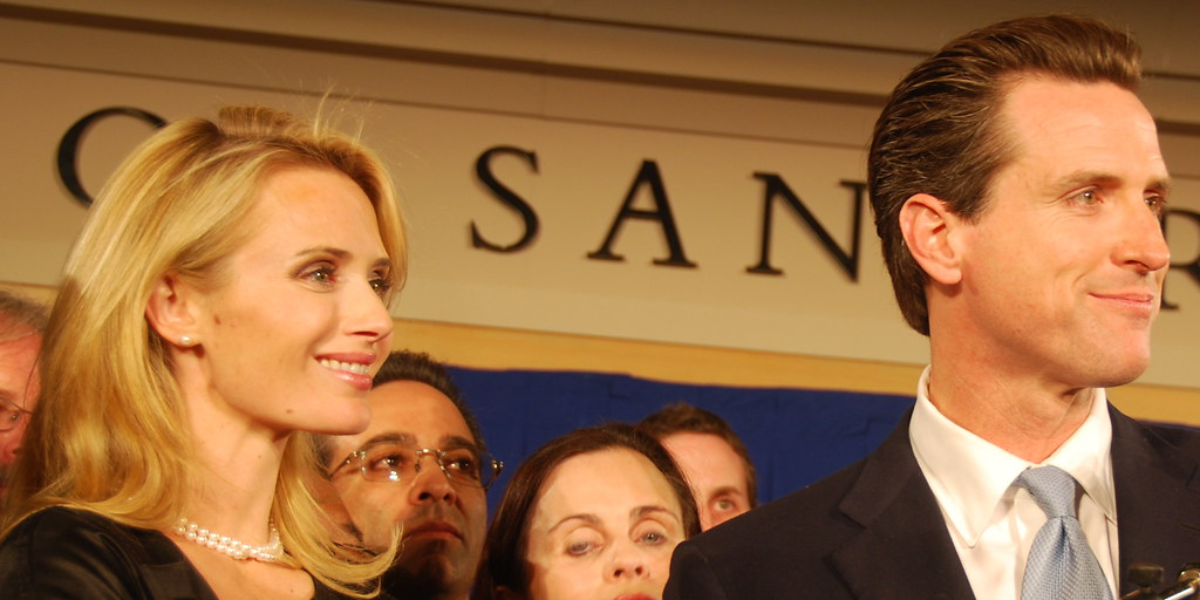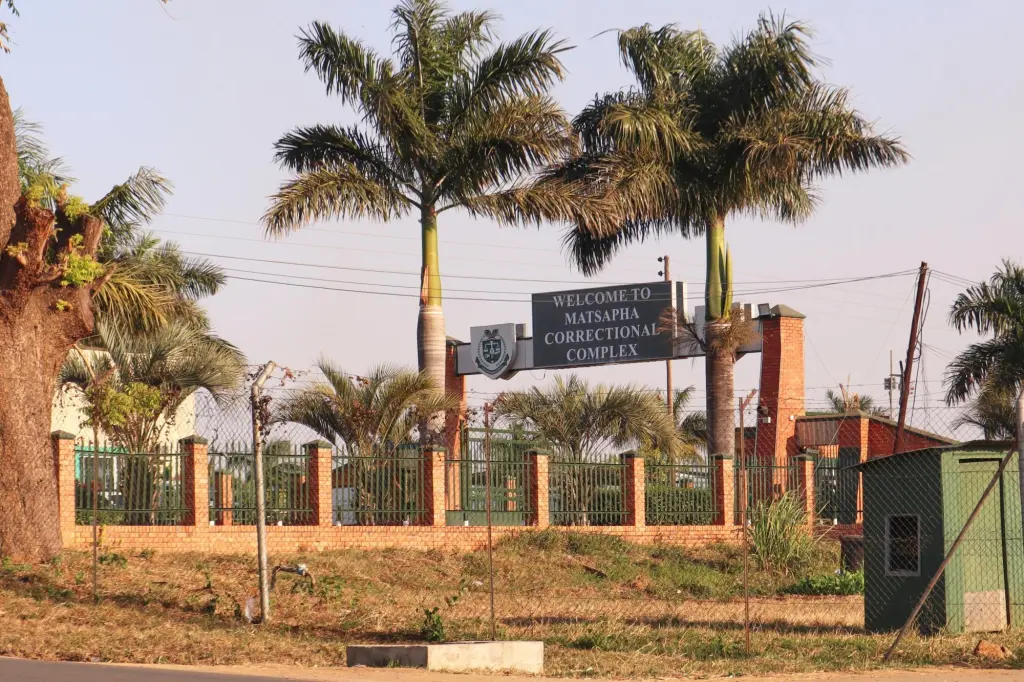Copyright Cable News Network

Tears for Fears said, “Everybody wants to rule the world.” In his second term, pop music aficionado Donald Trump looks like he’s actually doing it. And if his shimmy with a Malaysian dance troupe on Sunday is anything to go by, the president is having a ball. World leaders bow down before him, as on his trip to Asia, which has already seen a shower of tributes in Kuala Lumpur and the signing of a truce between Thailand and Cambodia that Trump helped broker — even if he claims a little more credit than he’s owed. If nothing else, Trump has figured out the optics of geopolitics. Countries rush to sign trade “deals” with him that leave them worse off. He can summon prime ministers and presidents at a snap of his fingers — as when he dropped in to Egypt earlier this month for a dramatic photo op that underscored how he towers over his counterparts in smaller, less powerful countries. Other governments might not like Trump but they fear him in a way that is catnip to his MAGA fans. Everyone tries to head off clashes with the bruiser in the Oval Office. European nations, for instance, boosted defense spending to meet his demands, dismantling political obstacles other US presidents couldn’t budge. NATO’s leader even joked he was the West’s “Daddy.” When Trump hits town, hosts fawn over him and royals lay on pageantry. The president is riding high, leading from the gut, ignoring caveats and conventional wisdom that constrained his predecessors, and apparently not paying much attention to the experts in his State Department. The key to Trump’s cut-loose style may lie in a first term in which he felt penned in by establishment advisers who tried to manage him, like former Secretary of State Rex Tillerson and former Defense Secretary James Mattis. In January 2020, Trump’s operation to assassinate Iran’s feared Revolutionary Guard Corps commander, Qasem Soleimani, at an airport in Baghdad sparked predictions of regional mayhem and even reprisals on US soil. It never happened. The killing instead was a hint that Iran’s assumed Middle East dominance through proxies was a mirage. And it paved the way for Israel’s assault on Hezbollah and Trump’s strikes against Iran’s nuclear sites this year. Five years later, Trump seems to have reasoned there are as few limits on his actions abroad as he’s proved there are at home. He’s got massive global ambitions in the Middle East, Asia, Europe and the Western Hemisphere. These include: Warning signs are growing over Trump’s hubris Trump is the big beast at every global summit. And by shattering convention, remaining highly unpredictable and setting a dizzying pace for action, he has quickly consolidated global power. Yet while the president has chalked up more wins than many of his political opponents expected, there’s more to wielding power effectively as a statesman than imposing an overbearing, adulation-hungry personality on the world. White House crowing about his great victories poses a nagging question: Is all of this just PR? Incessant claims that Trump is a unique peacemaker are undermined by the stubborn reality of some of the eight wars he claims to have ended. And his big set-piece events often deliver less than they promise — like his Alaska summit with Russian President Vladimir Putin over Ukraine. Even Trump seems to have soured on getting the Russian leader to end his murderous war on civilians. There’s a growing danger of hubris, and Trump’s overweening ego may be obscuring the possible consequences. His military buildup around Venezuela, for instance, is already challenging the Constitution and US law with attacks on alleged drug traffickers. And it may force him into the mission creep of military action against Venezuela with uncertain results just to preserve his credibility, all based on a thin foreign policy foundation. “I am concerned that what we are seeing is tactics devoid of strategy,” Colin Clarke, executive director of the Soufan Center, told Isa Soares on CNN International Monday, warning of uncertain consequences of US Western Hemisphere policy. Then there is the issue of whether Trump’s endless quests for personal accolades are advancing America’s interests or his own — especially given the apparent synergy between his family business interests and his foreign policy, in the Middle East and elsewhere. And some of the substance promises less than Trump claims. Trump’s vaunted trade deals and frameworks — he signed four in Malaysia, with it, Thailand, Cambodia and Vietnam — come with assurances from top aides that he’s tearing down trade barriers for American products. But the deals are most remarkable for codifying what often seem like arbitrary tariffs. Malaysia, for example, signed up for a deal that cemented a 19% reciprocal tariff on most goods. While Trump boasts such measures pull in trillions of dollars for the US government, he rarely acknowledges who will pay the highest price: US consumers, who are already struggling with inflation and the cost of groceries. Trump may be squandering an American superpower For all his successes, American soft power seems to ebb by the day. For nearly 100 years, US might has been multiplied by alliances and its leadership of like-minded democratic market economies. But “America First” policies are complicating a longtime foreign policy goal of Republican and Democratic administrations to draw China’s foe, Vietnam into Washington’s orbit, notwithstanding a trade framework that Trump signed with the Hanoi government. Trump’s trade assault on India has had a similar effect. His former friend Prime Minister Narendra Modi is warming to US adversaries China and Russia following Trump’s imposition of high tariffs. Even Canada is going its own way and courting US competitors after years of massive trade across the 49th Parallel. Canadian Prime Minister Mark Carney strikingly warned last week that “many of our former strengths as a country … based on close ties to America, have become our vulnerabilities.” The leader who will never fawn over Trump It’s one thing to look omnipotent surrounded by lesser powers. But Trump will meet his match on the last leg of his Asia tour in South Korea with Chinese President Xi Jinping. Trump says he’s making America great again. Xi’s project is to make China great again — restoring what Beijing views as its rightful place as a leading global civilization after the humiliation of colonialism and years of US hegemony. Trump and Xi have other similarities. Both are self-styled strongmen. Each is obsessed with concentrating power around himself. Both purged inner circles of establishment figures and ideological opponents. To pave the way for the summit — possibly the most important meeting with a foreign leader of Trump’s second term so far — the rivals put their trade war on hold with a framework deal announced by US Treasury Secretary Scott Bessent. But the agreement hardly represents a great triumph for Trump. It’s more an attempt to clear up a crisis he triggered. Unlike other nations, China didn’t blink. Adopting Trumpian bluster, it followed the president tariff for tariff. Its refusal to buy US soybeans inflicted pain in Trump’s rural heartland. And the showdown exposed one great area of leverage that Xi has over his US counterpart — the supply of rare earth elements, which China dominates. Reports say the truce will include a yearlong delay in China’s restrictions on the vital metals and minerals. But everyone in Washington or Beijing understands the potential leverage that Xi can roll out over Trump any time he likes. “I think it is an uneasy truce,” said former US Ambassador to China Nicholas Burns on CNN’s “The Situation Room” on Monday. “I think, unfortunately, our two countries are going to be dueling on trade for some time to come. That’s not the fault of President Trump so much as it is the Chinese, who have been a very destabilizing part of the global trade picture for decades.” Xi is a more taciturn figure than Trump. The formality that Chinese leaders typically prefer means he avoids Trump’s public improvisation. And like his predecessors, he’s playing a longer game than his term-limited US counterpart. Which means that when Trump’s global veneration tours are long forgotten, Xi will likely still be masterminding China’s rise. “He is someone who is probably going to be reigning for as long as it pleases him,” said Dan Wang, author of “Breakneck,” an acclaimed book that argues that, despite similarities between the two rivals, Beijing’s engineering prowess is now leaving America in the dust. Wang, a Hoover Institution research fellow, was speaking to CNN’s Fareed Zakaria. Xi’s comparative permanence might have been weighing on Trump’s mind when he said on Air Force One that he wasn’t ruling out running for a third term — from which he is constitutionally barred. Sure, he might have been trolling reporters or trying to stave off lame-duck status. His attempt to steal power in 2020 means it’s hard to see the funny side. But Trump’s remarks also underscored that, even for him, global adulation will be fleeting. The geopolitical sages Tears for Fears warned that even for those who want to rule the world, “nothing ever lasts forever.”



